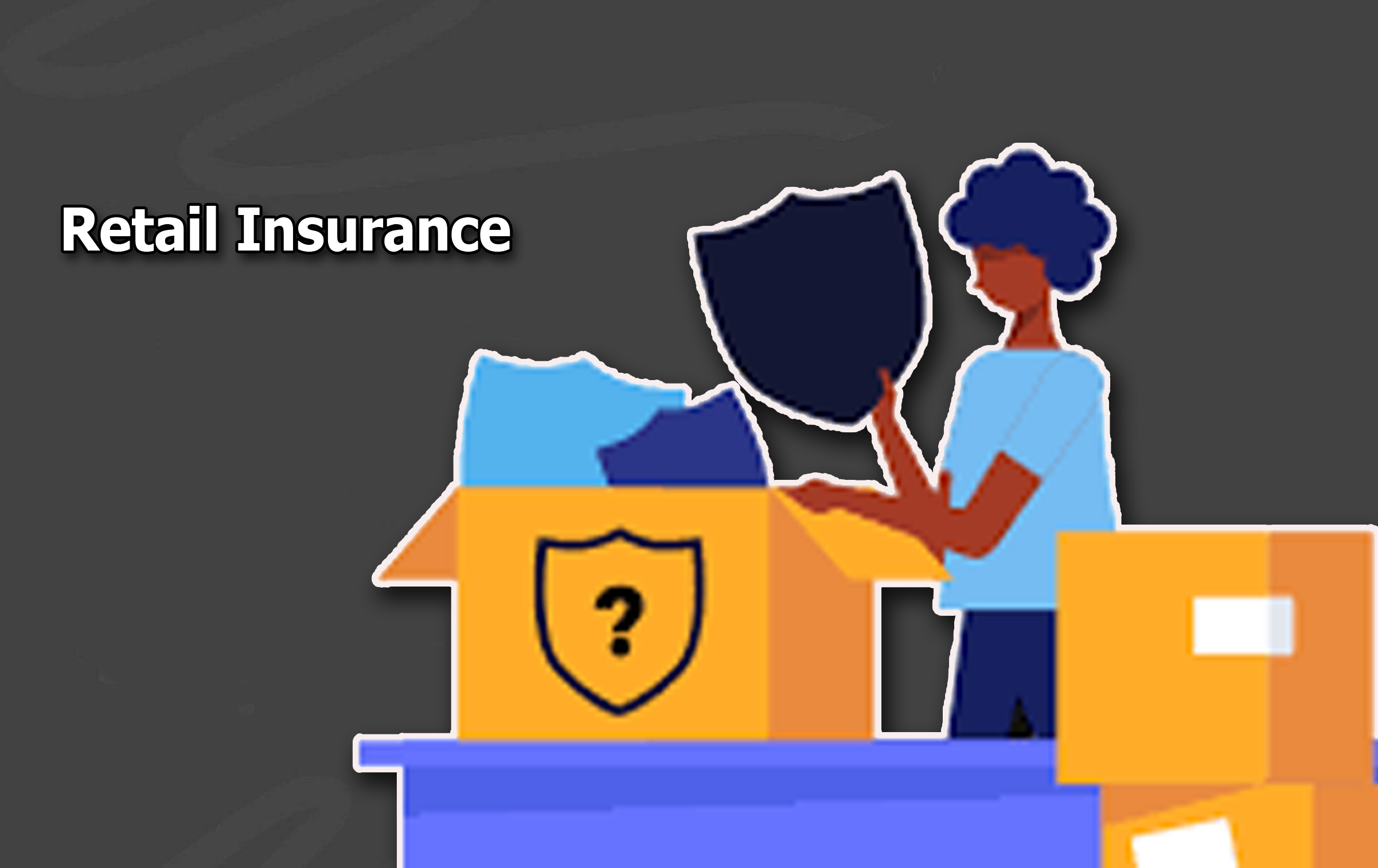
The nature of Retail insurance is the unique importance and value it provides business owners in whatever industry they operate in.

One of the most competitive and dynamic sectors is the retail industry, with businesses ranging from small boutique shops to large chain stores. Regardless of the size or nature of a retail business, a constant factor through its lifespan is the need for insurance.
Retailers face a variety of risks, including property damage, theft, customer injuries, and business interruptions. Without adequate insurance, these risks often lead to significant financial losses and can even force a business to shut down.
That is why having the right retail insurance coverage is crucial for long-term sustainability and profitability.
Types Of Retail Insurance
Running a retail business comes with unique risks that require specific types of insurance coverage. Below are some of the essential types of retail insurance policies:
General Liability Insurance
General liability insurance is a general type of coverage for any retail business. It protects against claims of bodily injury, property damage, and personal injury caused by your business operations. For instance:
- If a customer slips and falls inside your store, this insurance covers medical expenses and legal fees.
- It covers damage to property belonging to customers or vendors caused by your business activities.
- It protects against claims of defamation, copyright infringement, or misleading advertising.
Business Interruption Insurance
Unexpected and unplanned events like fires, natural disasters, or government-mandated shutdowns can force retailers to close temporarily. This is why business interruption insurance helps compensate for lost income during these periods. Some services it provides include:
- It covers lost earnings when a business is unable to operate
- It helps pay for rent, utilities, and payroll, even when the business is closed.
- Also, it covers the expenses related to setting up a temporary store location.
Product Liability Insurance
Retailers selling products to consumers must ensure they are safe and free from defects. Product liability insurance protects against claims arising from faulty or harmful products. Some of the things his insurance does are the following:
- It covers legal costs if a customer claims a product caused harm or injury.
- It helps protect against issues related to defective production processes.
- It also covers lawsuits resulting from misleading product labels or marketing claims.
Commercial Property Insurance
Retail businesses rely on physical assets such as inventory, equipment, and storefronts. This property insurance protects these assets from unexpected events. Here are other activities it carries out:
- It covers damage to your store caused by fire, storms, vandalism, or other perils.
- It protects cash registers, shelves, computers, and other essential business equipment.
- It ensures compensation for lost or damaged goods due to theft, fire, or other disasters.
Workers’ Compensation Insurance
If your retail business has employees, then workers’ compensation insurance is often legally required. What’s more, it provides financial protection for both employees and business owners in case of workplace injuries. Other activities it carries out include:
- Paying for medical treatments for employees injured on the job.
- Covering a portion of an employee’s salary if they are unable to work due to injury.
- Also, providing legal coverage if an injured employee sues the business.
Cyber Liability Insurance
With the rise of e-commerce and digital transactions, cyber threats have become a major concern for retailers. Cyber liability insurance protects businesses from cyber attacks and data breaches. It also:
- Covers the costs of lawsuits related to data breaches or privacy violations.
- Helps retailers recover from fraudulent transactions or identity theft.
- Pays for expenses related to customer data leaks or hacking incidents.
Factors To Consider When Choosing Retail Insurance
Before you select the right insurance policies for your retail business, it requires careful evaluation of several factors. Here are key factors to help you make better decisions:
Business Size And Type
A small boutique may have different insurance needs compared to a large department store. So, you might want to consider the size of your business, the number of employees, and the nature of your retail operations.
Location And Risks
Retailers in high-crime areas may need additional theft protection, while those in areas prone to natural disasters may require enhanced property coverage.
Cost vs. Coverage
It might always be very tempting to opt for the cheapest policy. However, its inadequate coverage can lead to financial strain in case of claims. So, it is important you balance affordability with comprehensive protection.
Legal Requirements
Some types of insurance, such as workers’ compensation, are legally required in many jurisdictions. You might want to ensure you comply with local regulations to avoid fines or legal issues.
Claims Process And Customer Support
Always settle for an insurer with a strong reputation for handling claims efficiently and providing excellent customer service.
Frequently Asked Questions
Do Small Retail Businesses Need Insurance?
Yes, even small retailers face risks such as customer injuries, theft, and property damage. Having proper insurance helps protect against financial losses and legal liabilities.
Is Business Interruption Insurance Worth It For Retailers?
Yes, it is. If an unexpected event forces you to close your store temporarily, the business interruption insurance ensures you can cover ongoing expenses and lost revenue.
Does Retail Insurance Cover Online Businesses?
Yes, many retail insurance policies can extend to online businesses, especially cyber liability and product liability insurance, to protect against e-commerce risks.